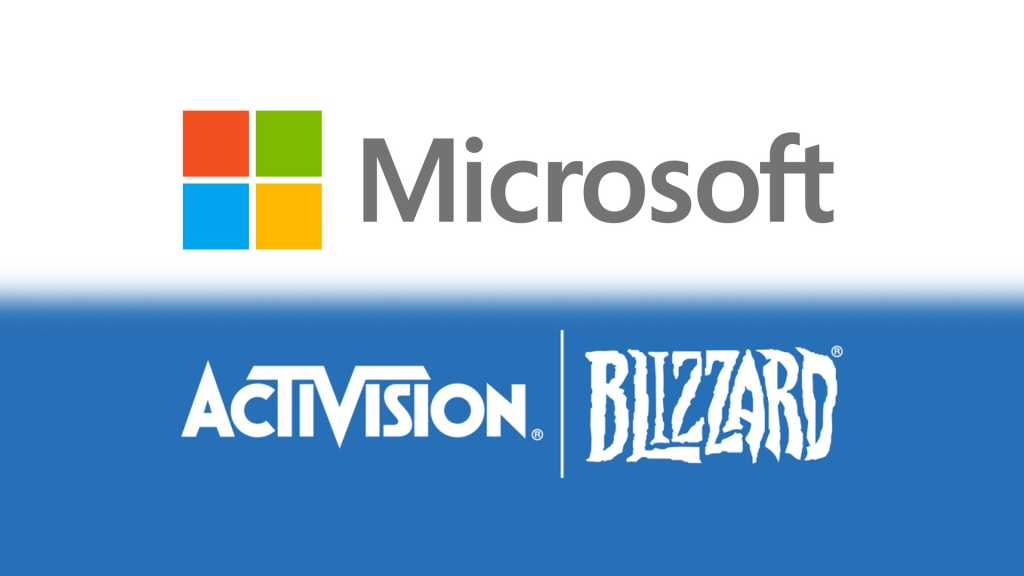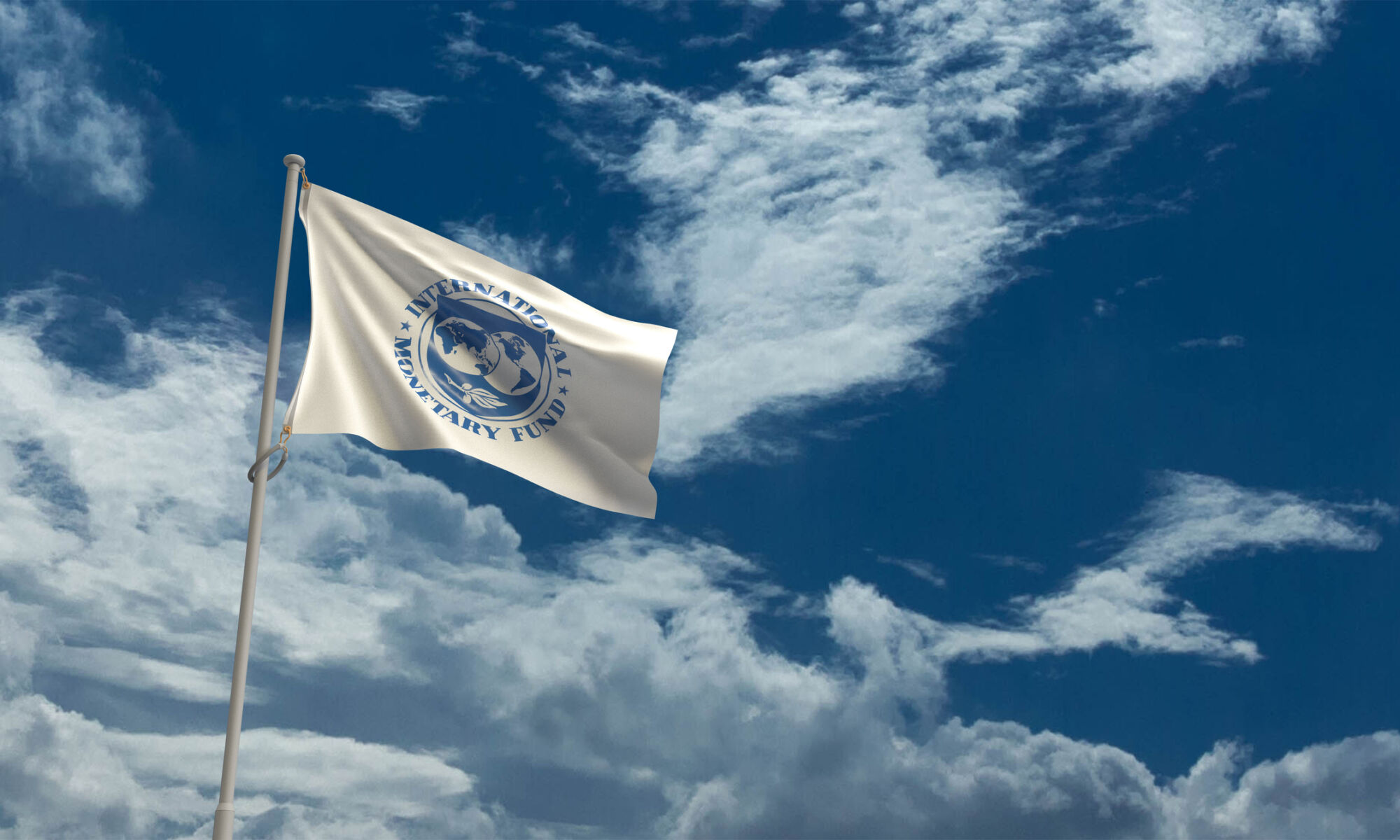Microsoft-Activision Deal: FTC's Appeal And Its Implications

Table of Contents
The FTC's Arguments Against the Merger
The FTC's core concern revolves around the potential for anti-competitive practices stemming from the Microsoft-Activision deal. They argue that this merger would significantly reduce competition, harming consumers and stifling innovation. Their central arguments include:
- Reduced competition in the gaming console market: The FTC believes that Microsoft acquiring Activision Blizzard, the creator of hugely popular franchises like Call of Duty, World of Warcraft, and Candy Crush, would give Microsoft an unfair advantage over its competitors, particularly Sony's PlayStation. This could lead to less competition and less innovation in the space.
- Concerns about exclusivity of Activision Blizzard games on Xbox platforms: A key FTC fear is that Microsoft could make Activision Blizzard games exclusive to its Xbox consoles and Game Pass subscription service. This would limit consumer choice and potentially lock players into the Xbox ecosystem. The potential impact on cross-platform gaming is a significant concern.
- Potential harm to consumers through higher prices and less choice: By reducing competition, the FTC argues that the merger could lead to higher prices for games, less innovation, and fewer choices for consumers. This is a standard argument used in many antitrust cases.
- Impact on the cloud gaming market: The FTC also expresses concern about the impact on the burgeoning cloud gaming market, arguing that the merger could stifle competition and innovation in this rapidly growing sector. Microsoft's potential dominance in this market is a key point of contention.
The FTC has cited numerous examples in its legal filings to support these claims, emphasizing the significant market share held by both Microsoft and Activision Blizzard.
Microsoft's Defense and Counterarguments
Microsoft has vigorously defended the merger, arguing that the FTC's concerns are unfounded. Their counterarguments include:
- Microsoft's commitment to keeping Activision Blizzard games available on multiple platforms: Microsoft has repeatedly stated its commitment to continue releasing Activision Blizzard games on PlayStation and other competing platforms, aiming to alleviate the FTC's concerns about exclusivity. They have offered contractual agreements to ensure continued access.
- Arguments regarding the competitive landscape and the presence of other major gaming companies: Microsoft emphasizes the presence of other significant players in the gaming market, such as Sony, Nintendo, and Tencent, arguing that the merger would not create a monopoly. This highlights the competitive nature of the industry.
- Economic benefits of the merger for consumers and the industry: Microsoft highlights the potential economic benefits, including investments in game development and the expansion of Game Pass, which they claim would ultimately benefit consumers.
- Concessions offered by Microsoft to address FTC concerns: To address the FTC's concerns, Microsoft has reportedly offered concessions, including contractual agreements to ensure the availability of Call of Duty on PlayStation for a number of years.
These counterarguments aim to demonstrate that the merger would not significantly harm competition and would indeed bring benefits to the gaming ecosystem.
Potential Outcomes of the FTC's Appeal
The FTC's appeal could lead to several outcomes:
- The FTC could win, blocking the merger permanently: This outcome would be a significant victory for the FTC and could set a precedent for future tech mergers. It would also represent a setback for Microsoft.
- The court could uphold the initial ruling allowing the merger: This outcome would allow the Microsoft-Activision merger to proceed, potentially ending the lengthy legal battle.
- A negotiated settlement could result in concessions from Microsoft: Microsoft might offer further concessions to satisfy the FTC's concerns, resulting in a compromise that allows the merger to proceed with certain conditions.
- The case could set a precedent for future mergers and acquisitions in the tech industry: Regardless of the outcome, this case will undoubtedly influence how future tech mergers are regulated. It's a landmark case in antitrust law.
Each of these outcomes has significant implications for the gaming industry and the tech sector as a whole.
Broader Implications for the Gaming Industry and Antitrust Regulation
The Microsoft-Activision deal has far-reaching implications beyond the immediate parties involved:
- Impact on future game development and distribution models: The outcome will influence how game developers and publishers approach future deals and the distribution of their titles.
- Influence on the consolidation of the gaming market: The case will significantly affect the consolidation trend within the gaming industry and the power dynamics among major players.
- Effects on the competitiveness of different platforms: The decision will undoubtedly shape the competitive landscape of gaming platforms, impacting the strategies of companies like Sony, Nintendo, and others.
- The role of regulatory bodies in overseeing tech mergers: The case underscores the growing importance of regulatory oversight in the rapidly evolving tech sector and the scrutiny applied to major mergers and acquisitions.
This case serves as a crucial test for antitrust laws in the modern digital age, particularly regarding the unique challenges presented by the tech industry's rapidly evolving landscape.
Conclusion
The FTC's appeal of the Microsoft-Activision deal is a pivotal moment for the gaming industry and antitrust regulation. The arguments presented by both sides highlight the complexities of balancing innovation and competition in the tech sector. The potential outcomes—a blocked merger, a successful merger, or a negotiated settlement—will have significant and far-reaching consequences. To stay informed about this ongoing legal battle and its impact on the future of gaming, continue following updates on the Microsoft-Activision deal and similar antitrust cases. Share your thoughts and perspectives—your insights are crucial to understanding the implications of this momentous event. The future of the Microsoft-Activision merger, and the gaming industry as a whole, hangs in the balance.

Featured Posts
-
 Parental Notification For Lgbtq Literature In Elementary Schools Supreme Court Case
Apr 23, 2025
Parental Notification For Lgbtq Literature In Elementary Schools Supreme Court Case
Apr 23, 2025 -
 Noviy Merch Ot Pavla Pivovarova S Izobrazheniem Aleksandra Ovechkina
Apr 23, 2025
Noviy Merch Ot Pavla Pivovarova S Izobrazheniem Aleksandra Ovechkina
Apr 23, 2025 -
 Investor Concerns About High Stock Valuations Bof As Response
Apr 23, 2025
Investor Concerns About High Stock Valuations Bof As Response
Apr 23, 2025 -
 Dinamo Kiyiv Obolon Rezultat Matchu 18 Kvitnya
Apr 23, 2025
Dinamo Kiyiv Obolon Rezultat Matchu 18 Kvitnya
Apr 23, 2025 -
 Netflixs Success Story Outperforming Big Tech Amidst Tariff Uncertainty
Apr 23, 2025
Netflixs Success Story Outperforming Big Tech Amidst Tariff Uncertainty
Apr 23, 2025
